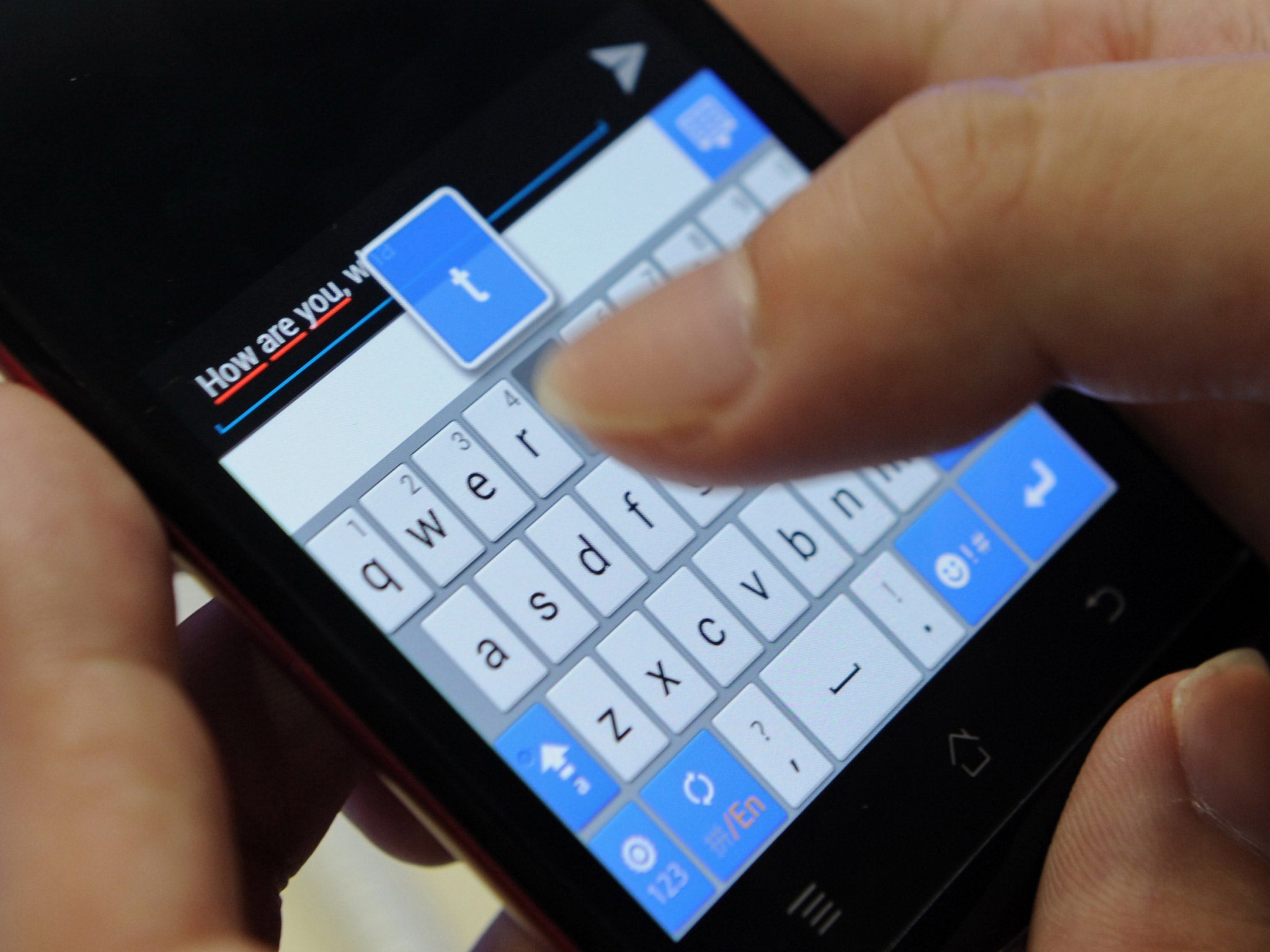Government to start trials of text-message disaster alerts in Yorkshire, Suffolk and Glasgow
Trials will be voluntary with 50,000 messages sent

The UK government has announced plans to test a new emergency text message system, designed to warn and inform the public about local hazards.
Around 50,000 messages will be sent out during the trials in Easingwold in North Yorkshire, Leiston in Suffolk and Glasgow city centre. Customers will have to sign up to be included with mobile networks EE, O2, and Vodafone providing support.
The US, Australia and the Netherlands already employ similar systems, which are used to warn individuals about emergency situations ranging from industrial accidents to extreme weather.
Cabinet Office minister Chloe Smith said the UK’s system would only be used in times of “genuine emergency”. The trials will begin later this month and continue into November, with a report evaluating the success of the system expected in early 2014.
The main object of the trial is to compare two different methods delivering messages. The first uses traditional text messages (SMS) whilst the second runs cell broadcast (CB) technology.
Both systems have their own pros and cons. The CB method can’t experience congestion (it runs on a separate network), doesn’t need to know someone’s number to send them a message (it blankets a specific area) and can only be sent by mobile operators. However, although most mobiles default setting is to receive CB messages there are instances where the user needs to activate the feature.
SMS messages avoid this and cannot be blocked by users (unless they block all messages) but have many negative qualities, including the fact that it requires knowledge of individuals’ numbers and the messages can be slowed by network congestion.
The main danger in using SMS messages is that they can be sent by anyone, hence leaving the system open to abuse, especially from ‘spoofing’ – a term used to refer to hackers falsifying their identities or the origin of data.
Speaking to the BBC, Chester Wisniewski, a senior advisor at data security firm Sophos said: "Spoofability will go through the roof if they use 'plain Jane' text messages. Anything that carries the gravitas of a national alerts system will be a target for hackers.”
Ms Smith responded to these claims by noting that the mobile alerts would only ever be incorporated alongside existing alerts, allowing individuals to verify the source of any warnings.
Join our commenting forum
Join thought-provoking conversations, follow other Independent readers and see their replies
Comments
Bookmark popover
Removed from bookmarks